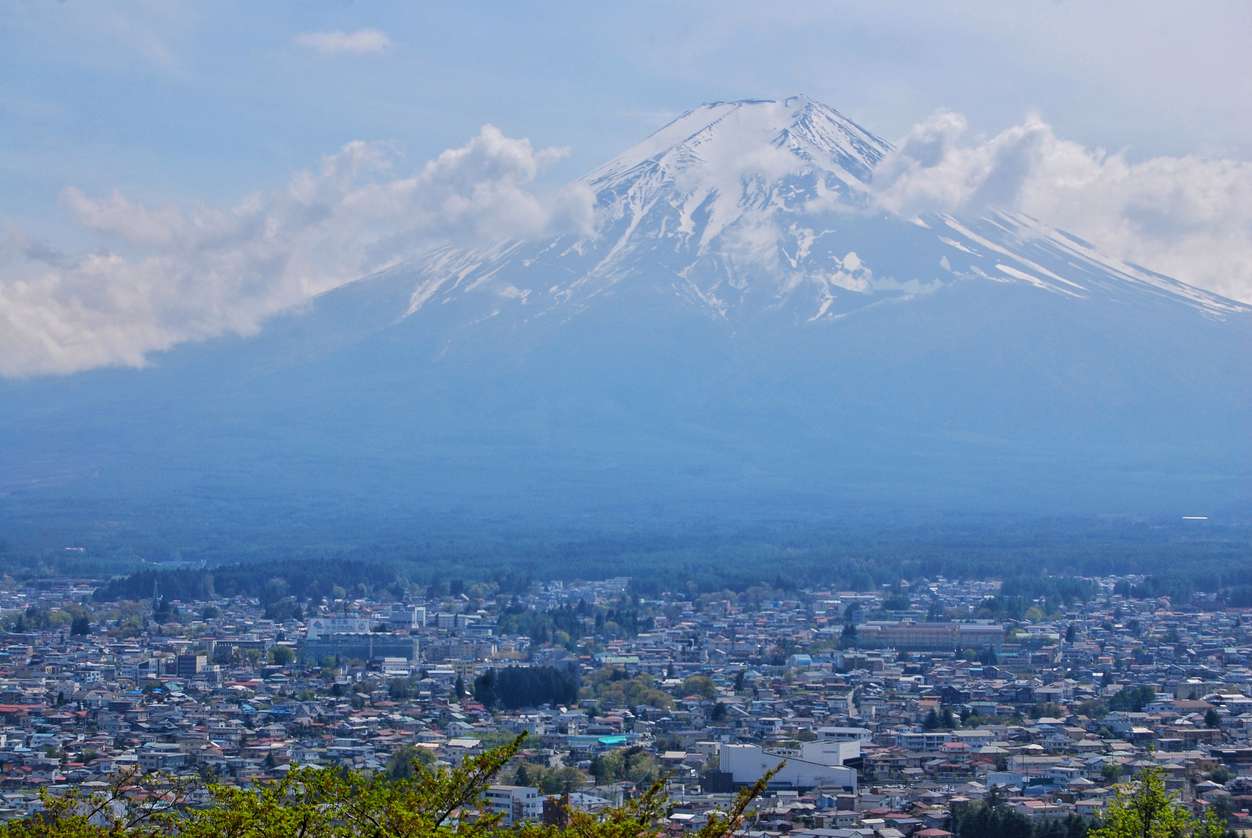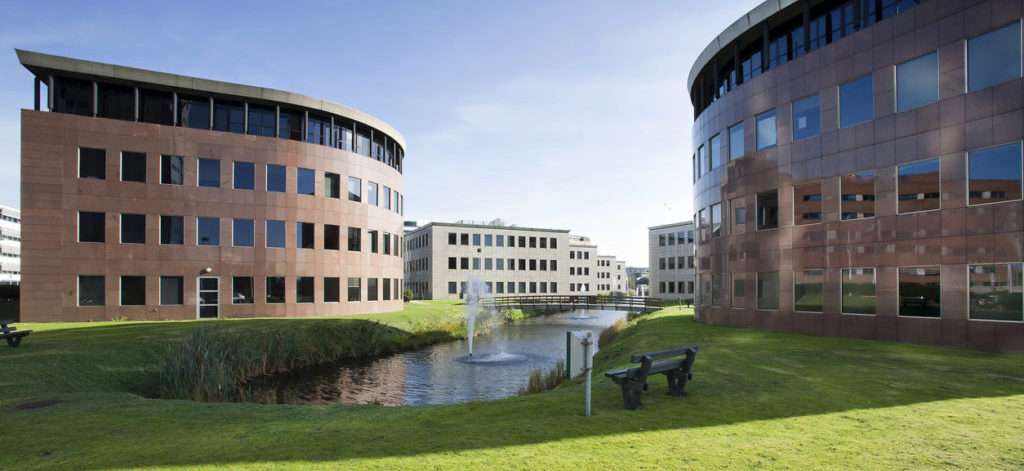
Obtaining the Haute Qualité Environnementale or HQE certification ensures that your building is recognized for its sustainability and construction. In English, HQE translates to High Environmental Quality and this building certification recognizes that a building is built ecologically, is managed in a sustainable way, and provides the highest quality water and waste management, in addition to other criteria. When consumers see the HQE certification emblem on your building, they understand that your properties meet green building, operating and maintenance standards.
Differences Between HQE, Breeam and LEED
Let’s consider the three certifications: HQE, Breeam and LEED. Each of these certifications has its place in guaranteeing building quality, but the HQE certification focuses on the health and wellness of the building and its management. In 1990, the Building Research Establishment (BRE) developed and published “Breaam” or Building Research Establishment Environmental Assessment Method. Although only a few decades old, it is the world’s oldest sustainability assessment, rating, and certification system.
The Natural Resources Defense Council led to the development of the Leadership in Energy and Environmental Design (LEED) certification in 1993. This certification recognizes environmentally friendly communities and buildings. Its award indicates the energy and resource efficiency of the structure or development.
The green building standard of Haute Qualité Environnementale or HQE certification came about two years following BREEAM. The HQE France offers an internationally recognized certificate. Rather than choosing between HQE, Breeam or LEED, you can obtain all three certifications for your building or a commercial complex.
HQE Certification Themes
Earning the HQE certification guarantees to consumers that your buildings provide a healthy environment for their full lifecycle—from design and building to programming to demolition. The HQE France addresses four environmental quality themes with a total of 14 multi-criterion targets grouped within them. The HQE approach consists of the four themes:
- Eco-construction,
- Eco-Management,
- Comfort,
- Health.
The HQE eco-construction theme specifically targets creating harmony between the natural and built environment, use of integrated construction processes and materials and providing a low-nuisance construction site.
Within the eco-management theme, the HQE certification for buildings targets the areas of energy management, water management, management of business waste, and maintenance and building services. The HQE targets include elements such as recycling and reuse to create a more efficient complex.
The HQE certification addresses four comfort targets, too. These include acoustic, hydrothermal, olfactory, and visual comfort. Essentially, your building should maintain the appropriate temperature, humidity and air cleanliness. It should also be modern and as quiet as possible.
With respect to the health theme, the HQE France requires sanitary conditions of air quality, community spaces and water quality. This assures consumers that your HQE building provides suitable, high-quality, sustainable air and water quality.
Sustainability certificates for buildings are becoming more prevalent and Shayp can assist you in obtaining the French HQE certification, as well as the Breeam and LEED certifications. Shayp has led the way to improve water efficiency in buildings. They do it by first controlling water loss in buildings, leading to a 22% reduction on average.

